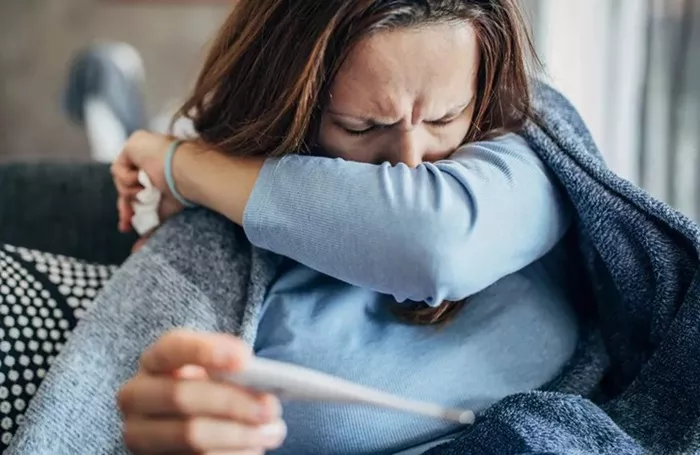Advocates and experts are calling for a shift in how mental health crises are handled, urging that trained mental health professionals, rather than police officers, be the primary responders. They argue this change could prevent escalation and save lives.
The National Judicial Project, led by a human rights law organization, is pushing federal and state governments to adopt comprehensive health-led crisis response approaches. Spokesperson Chloe Fragos noted that about 43% of people harmed or killed by police in New South Wales were experiencing a mental health crisis at the time.
South Australia Police Commissioner Grant Stevens acknowledged that police are often not the best equipped to handle mental health emergencies. “Police do not have clinical mental health qualifications, and the use of uniforms and high-risk responses can worsen the situation,” he said. Traditionally, police focus on detaining individuals, which is not always the best outcome.
Last year, South Australian police responded to over 10,800 mental health-related incidents, with time spent on these calls more than doubling in five years. Commissioner Stevens stressed that police resources are limited and that responding to mental health crises takes away from other policing duties.
The National Judicial Project advocates for police to fully withdraw from mental health crisis responses, emphasizing non-violent methods to ensure the safety of those involved and others nearby. South Australia has piloted a “co-response” model where experienced clinicians accompany police during some incidents, but a full health-led approach remains a challenge.
Commissioner Stevens pointed out that situations involving weapons or violence still require police intervention. The 2024 Bondi Junction attack, where a mentally ill man stabbed six people before being shot dead by police, underscores the necessity of police in certain high-risk emergencies.
The dangers of mental health crisis responses for police officers are real and tragic. In 2023, South Australia’s Honorary Sergeant Jason Doig was killed in a shootout with an undiagnosed schizophrenic man, becoming the first police officer in over 20 years to die in the line of duty in the state. Doig’s brother, Brett, expressed ongoing grief but supports exploring alternative response models to better protect frontline officers.
The incident also highlights the complexity and risk of handling mental health crises. The shooter was later found not guilty due to mental illness, prompting wider discussion on safely managing such situations.
Police in New South Wales and Victoria support health-led emergency mental health responses and aim to reduce police involvement in non-violent cases, but maintain that officers must respond to incidents involving weapons or threats.
As public safety and mental health needs increasingly intersect, finding the right balance between effective crisis intervention and protecting the safety of officers and those in crisis remains a key focus across Australia.
Related Topics


































